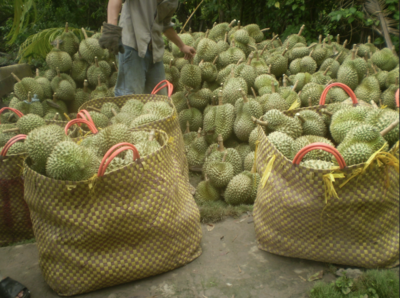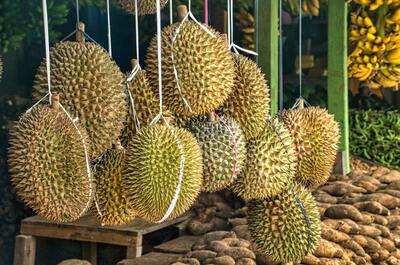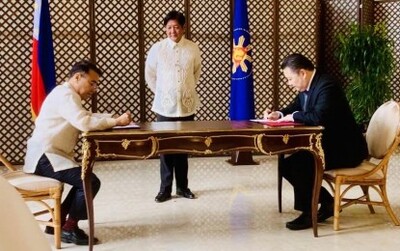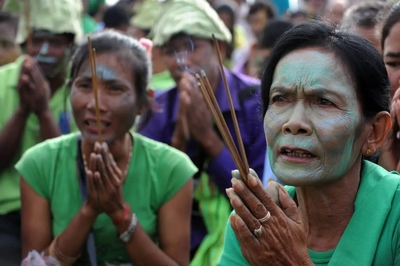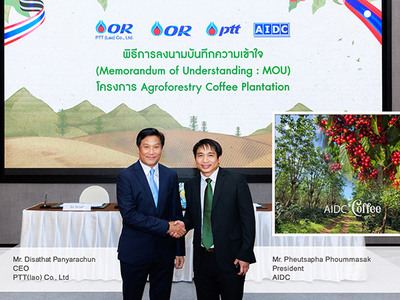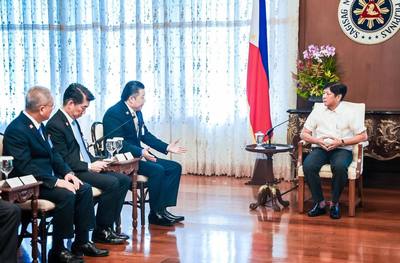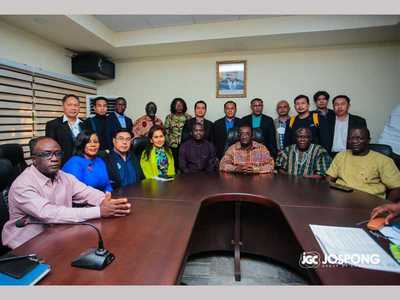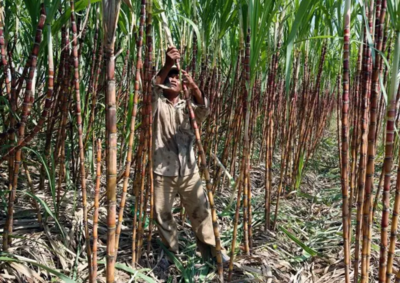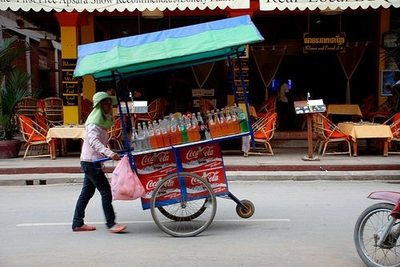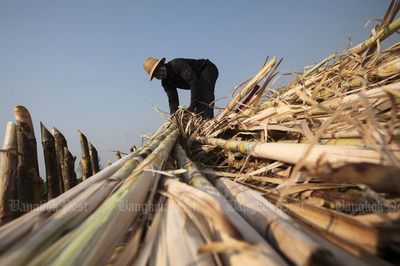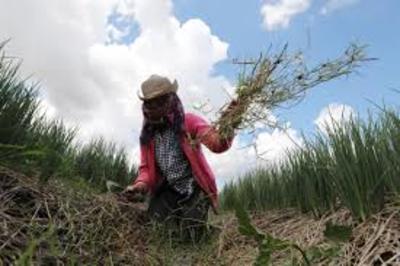Thailand: Stop foreign land grabs
- Bangkok Post
- 14 Mar 2025
The latest report on Chinese investors buying protected forest land to expand their durian plantations is worrying. This is more than just an illegal land grab, however. Soon, the whole durian supply chain will feel the impact. These blatant land grabs must be stopped with a sense of urgency.




